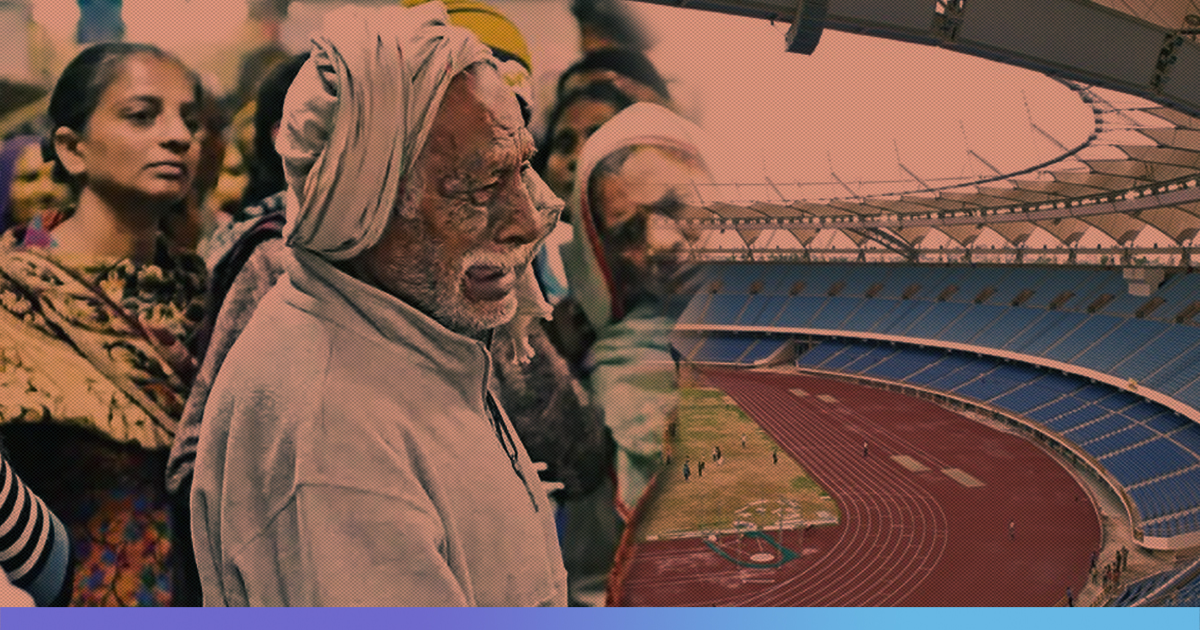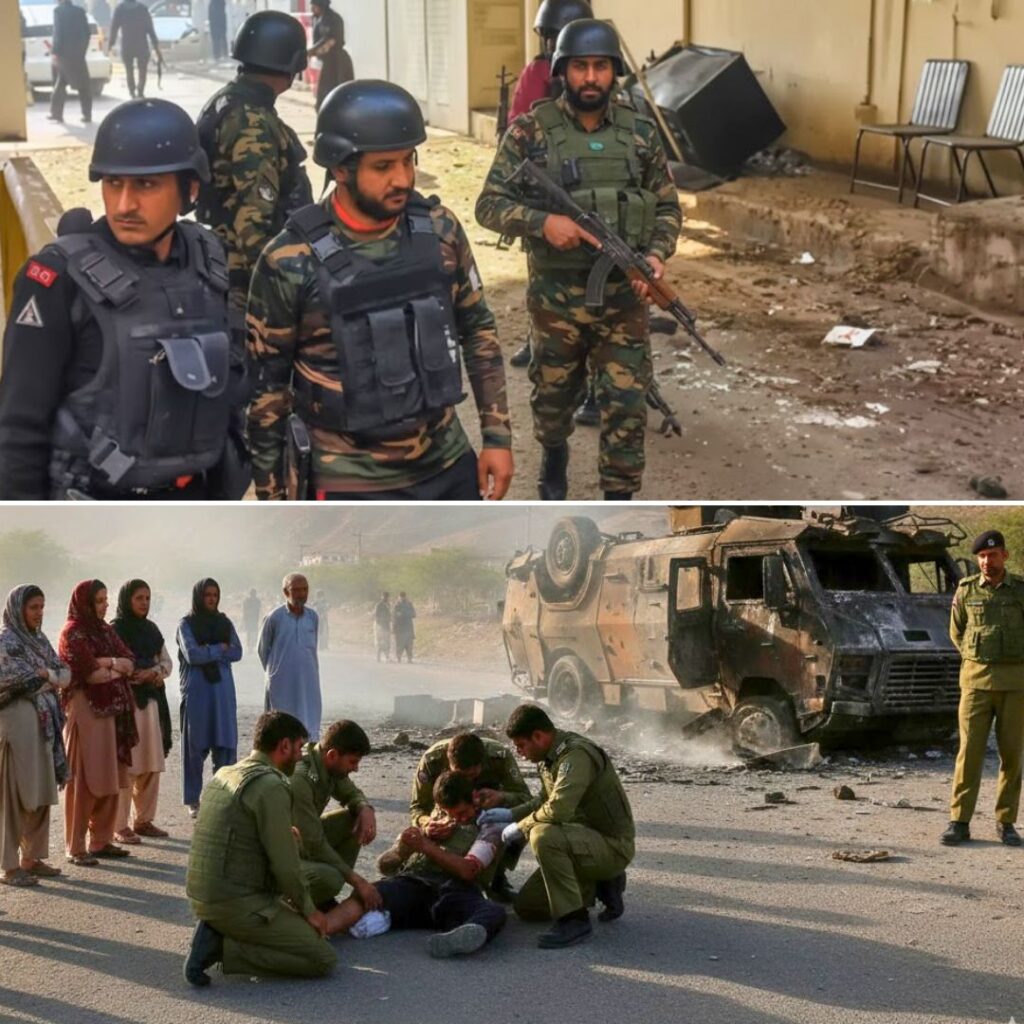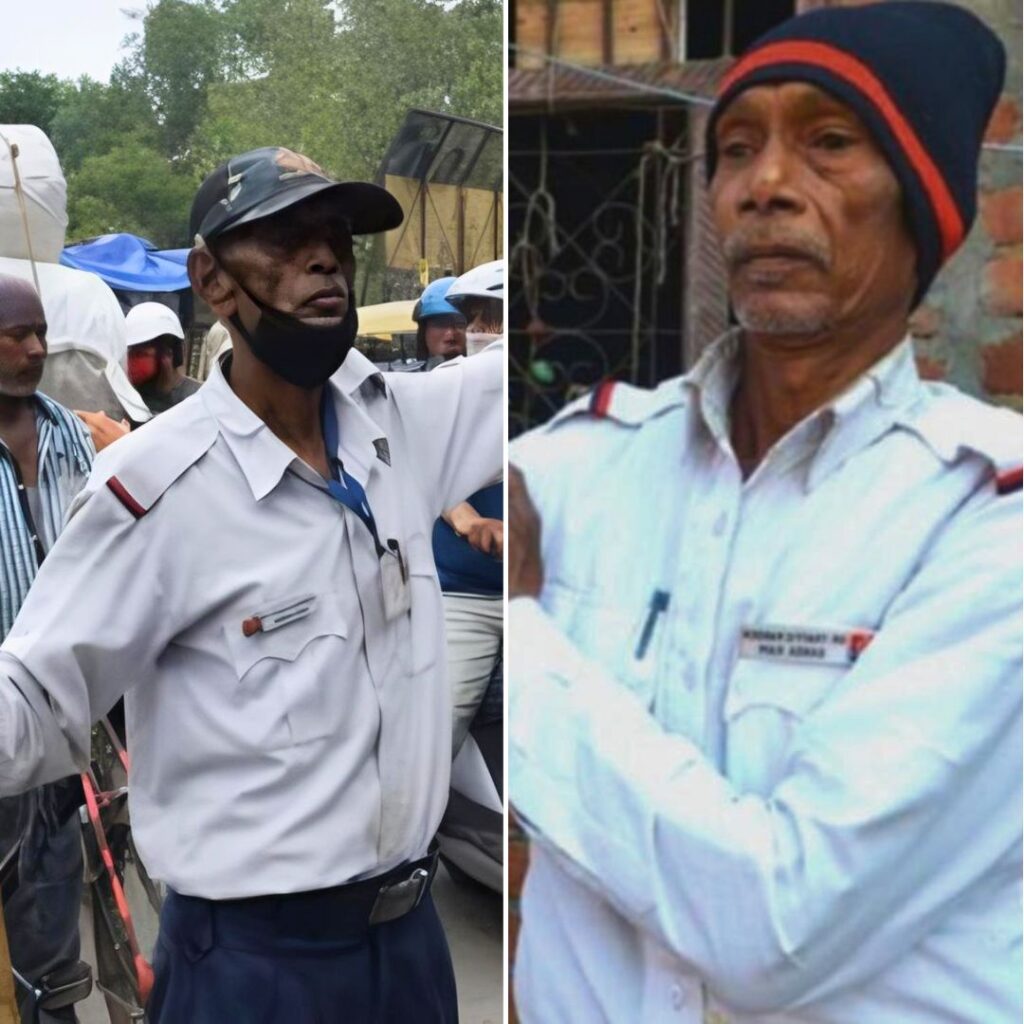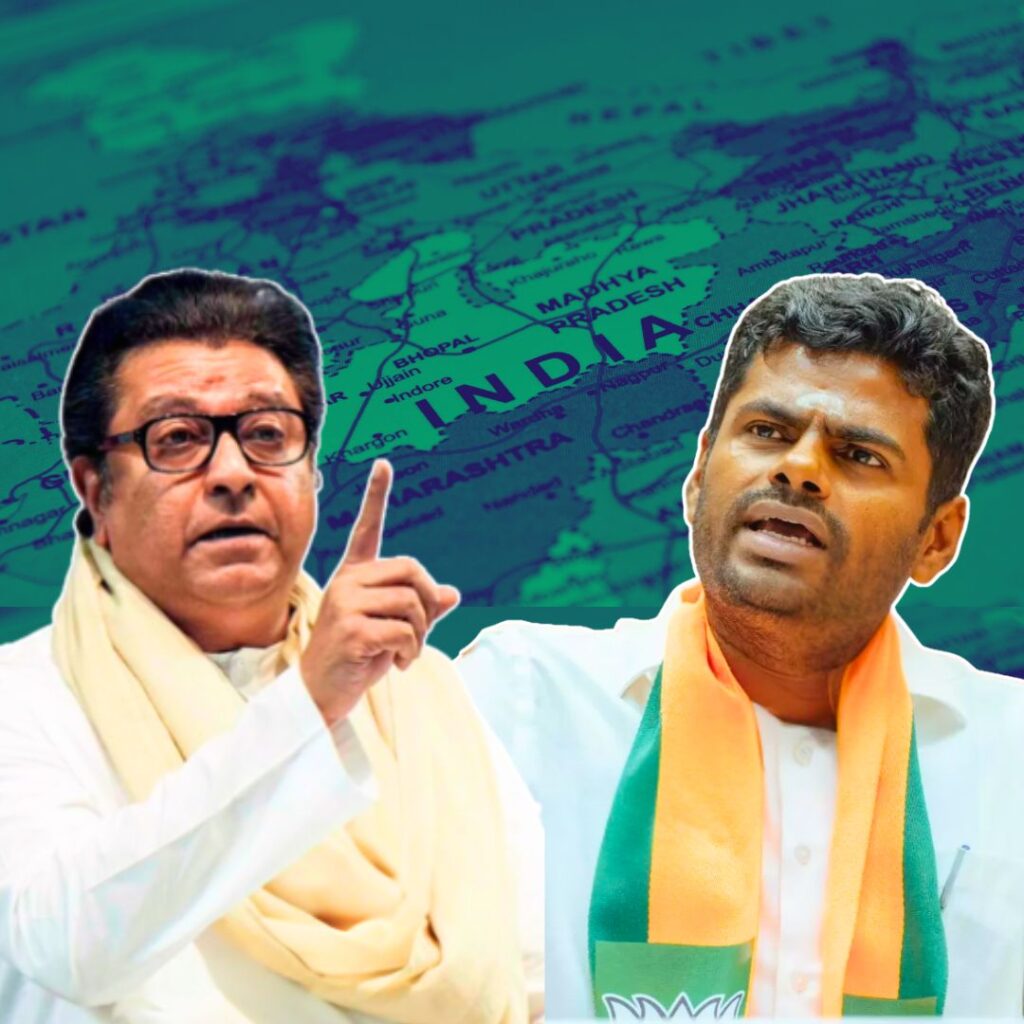On July 22, the Lok Sabha passed the Right to Information (Amendment) Bill 2019. This bill seeks to amend the RTI Act, 2005.
The amendment brings about changes in the tenure, salaries and terms of service of the Chief Information Commissioner and Central and State Information Commissioners. Activists and opposition leaders contest that these amendments to the act would compromise the autonomy of the commission and reduce it to a ‘toothless tiger’.
Major Cases Unearthed Due To RTI
RTI’s journey can be traced back to 1987 at Rajasthan’s small village Devdungri in a small hut. In 1990, a collective known as the Mazdoor Kisan Shakti Sangathan (MKSS) was formed with the motive of demanding minimum wages for farmers. Stemming from the same sentiment, the collective demanded transparency, accountability, financial audits and completion of unfinished government projects.
Over the course of time, demands of this nature took a concrete form, culminating to a demand for the Right To Information in 1995. From thereon, started a long battle. 10 years, multiple rallies, protests and agitations later, in 2005, the RTI Act was passed in the Parliament.
The success of the act can be gauged from the fact that in 2016, it was rated the 4th best in the world according to an annual rating of RTI like laws across the world. The rank was given by the Center for Law & Democracy & Access to Info Europe that rate countries every year based on the quality of the RTI legislation every year. India stood 4th out of 111 countries that have similar laws.
This feat was not unfounded. RTI has been at the helm of exposing some of the major scams and abnormalities.
- Adarsh Scam: Initially designated to be a six-storey structure to house war widows and heroes of the 1999 Kargil war, turned into a 31-storey building called the Adarsh Housing Society. This Housing Society was located in the premier location of Colaba, Mumbai. An RTI filed by activists Simpreet Singh and Yogacharya Anandji uncovered an unholy nexus between politicians, bureaucrats and military officials. This eventually led to the resignation of then Maharashtra CM Ashok Chavan.
- 2G Scam: The 2G scam rocked the UPA government in 2007-08. It relates to the granting of the allocation of the 2G spectrum which, according to a report by Vinod Rai, the former Comptroller & Auditor General (CAG) of India, resulted in a loss of Rs 1.76 lakh crore. Times Magazine called it the biggest abuse of executive power – just a little less than Nixon’s Watergate scandal. An RTI filed by activist Subhash Chandra Agrawal, finally, in October 2011, led the court to framing charges under various provisions of the IPC and the Prevention of Corruption Act dealing with offenses of criminal conspiracy, cheating, forgery, using as genuine fake documents, abusing official position, criminal misconduct by public servant and taking a bribe, according to The Indian Express. The 17 accused included former Telecom Minister A Raja and DMK MP Kanimozhi.
- Commonwealth Games scam: An RTI application filed by a non-profit organisation, Housing and Land Rights Network revealed that the Delhi government had diverted Rs 744 crore from social welfare projects for Dalits to Commonwealth Games from 2005-06 to 2010-11.
- Demonetisation Done Without RBI’s Formal Approval: On November 8, 2016, the Central Board of the Reserve Bank Of India met less than two-and-a-half hours prior to Prime Minister Narendra Modi’s demonetisation announcement and the PM did the demonetisation even without waiting for the central bank’s formal approval. Reply to the RTI filed by activist Venkatesh Nayak revealed that the minutes of the meeting held on that very day at 5.30 pm said that the bank did not buy the Centre’s justification of demonetisation curbing black money and the circulation of counterfeit money. The then RBI Governor Urjit Patel led Central Board sent their approval to the government 38 days after the currency notes of higher denomination – Rs 500 and Rs 1,000 were banned.
- 23,000 Loan Fraud Cases Of Rs 1 Lakh: RTI reply, the Reserve Bank of India (RBI) said that over 23,000 cases of fraud involving Rs 1 lakh crore have been reported in the past five years in various banks. A total of 5,152 cases of fraud were reported in banks from April 2017 to March 1, 2018. This was a huge leap from the cases in 2016-17 when the banks had reported 5,076 cases of fraud involving Rs 23,933 crore.
Also Read: “Govt Wants RTI Commissioner To Be A Caged Parrot” Activists Question Amendment To The Act











